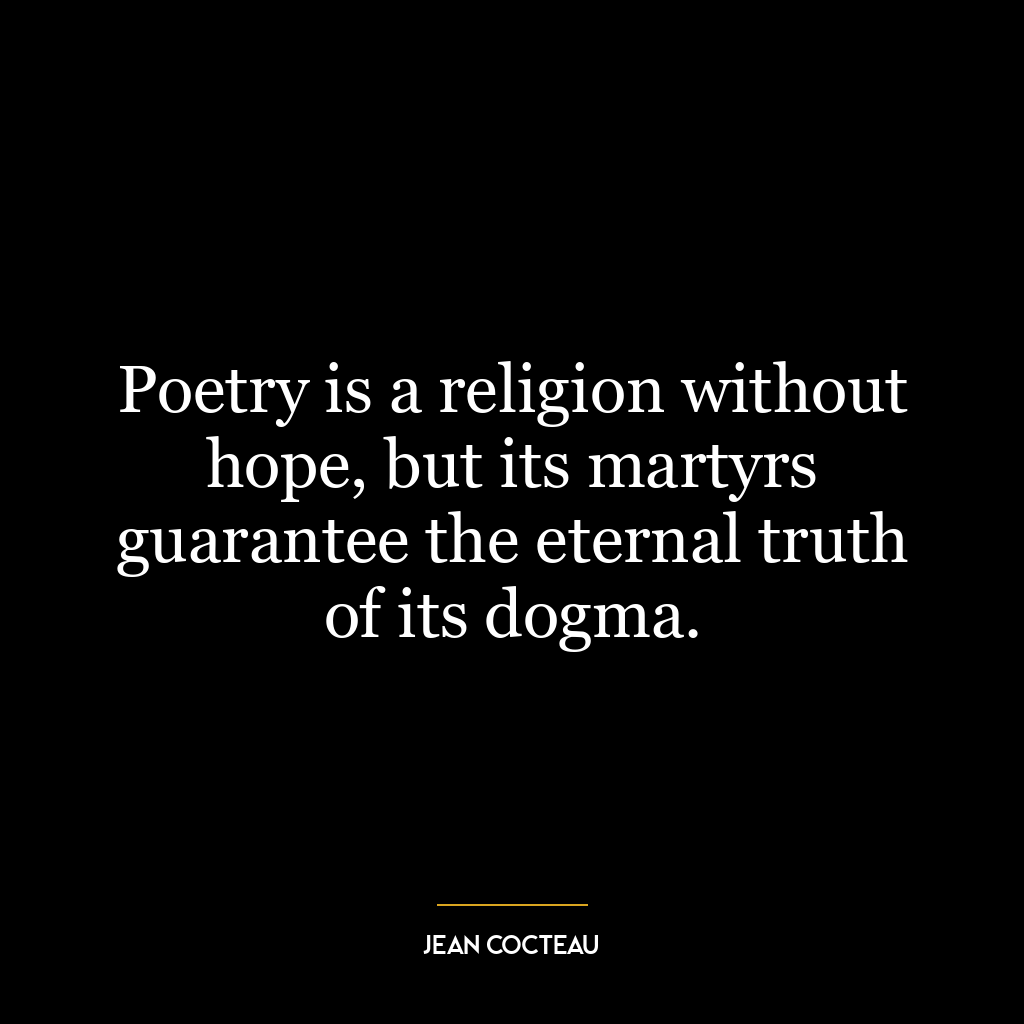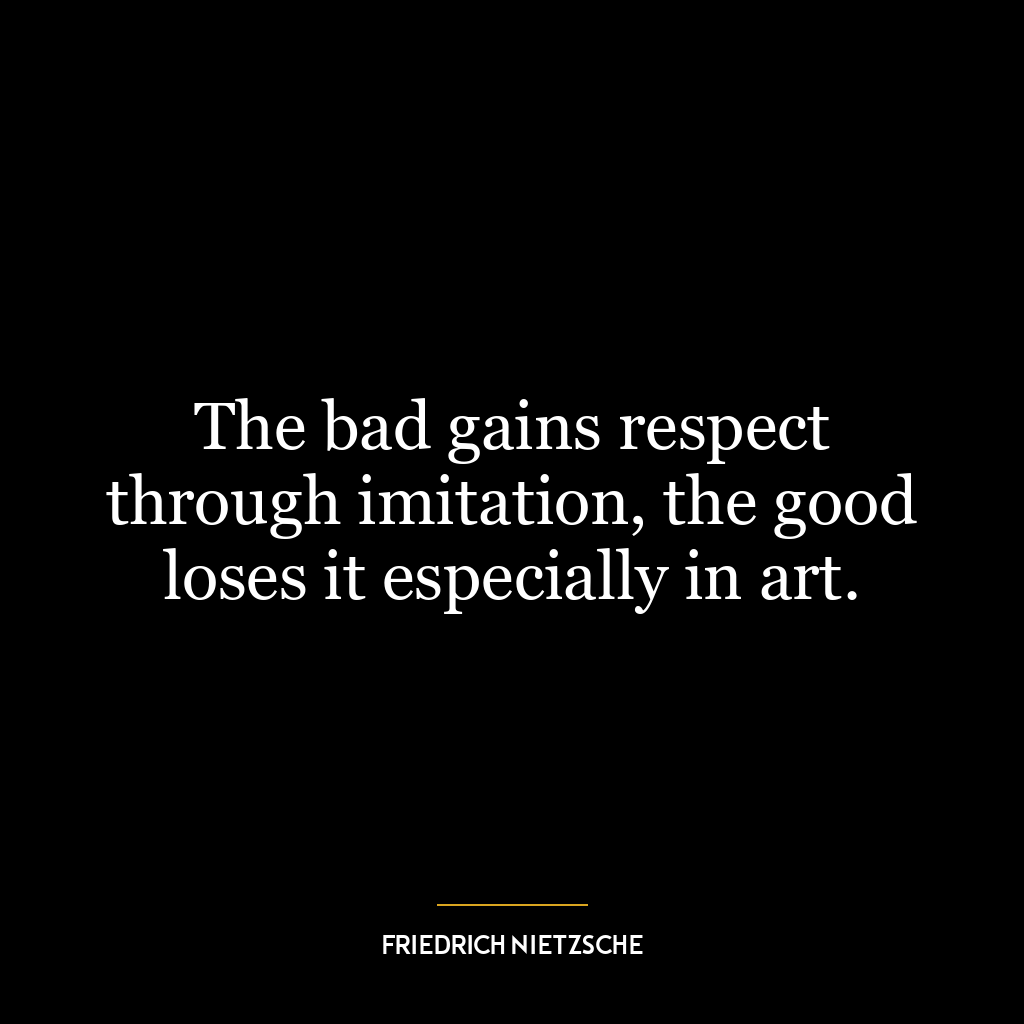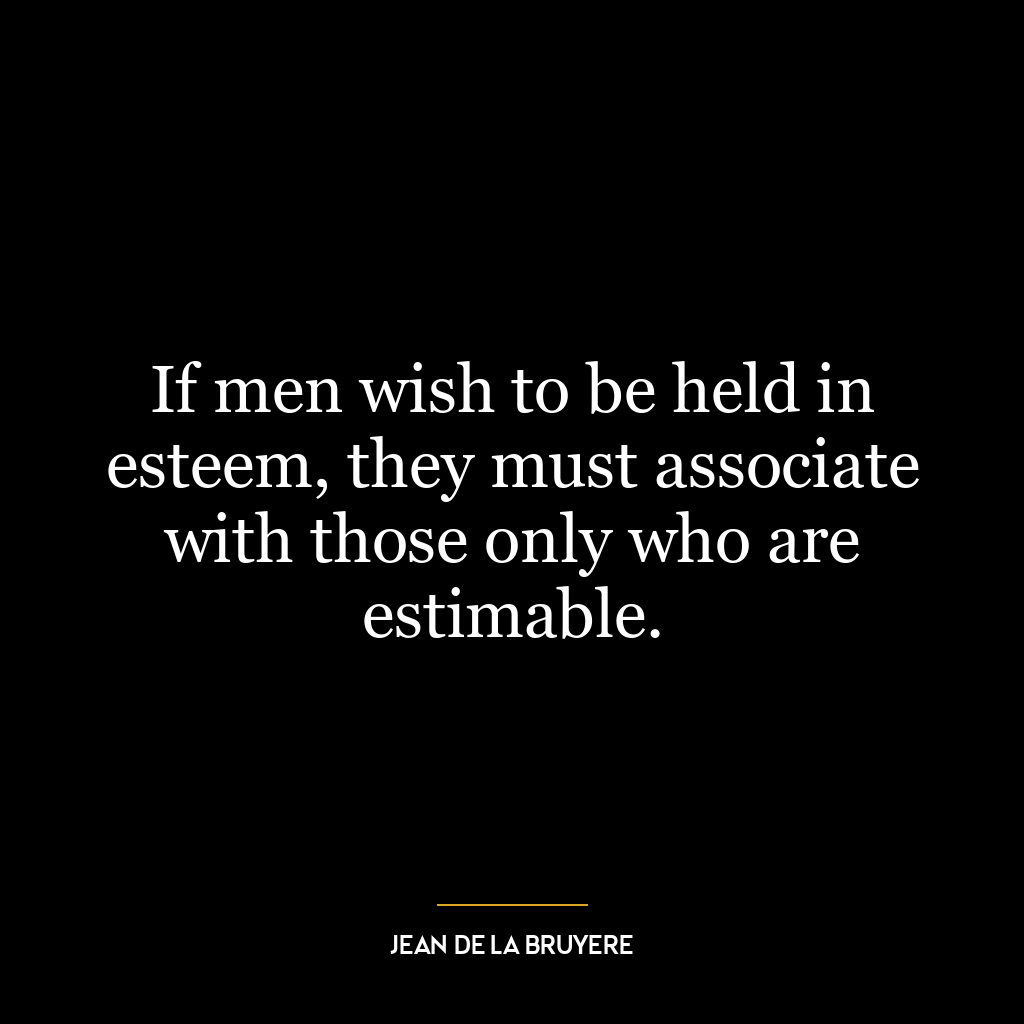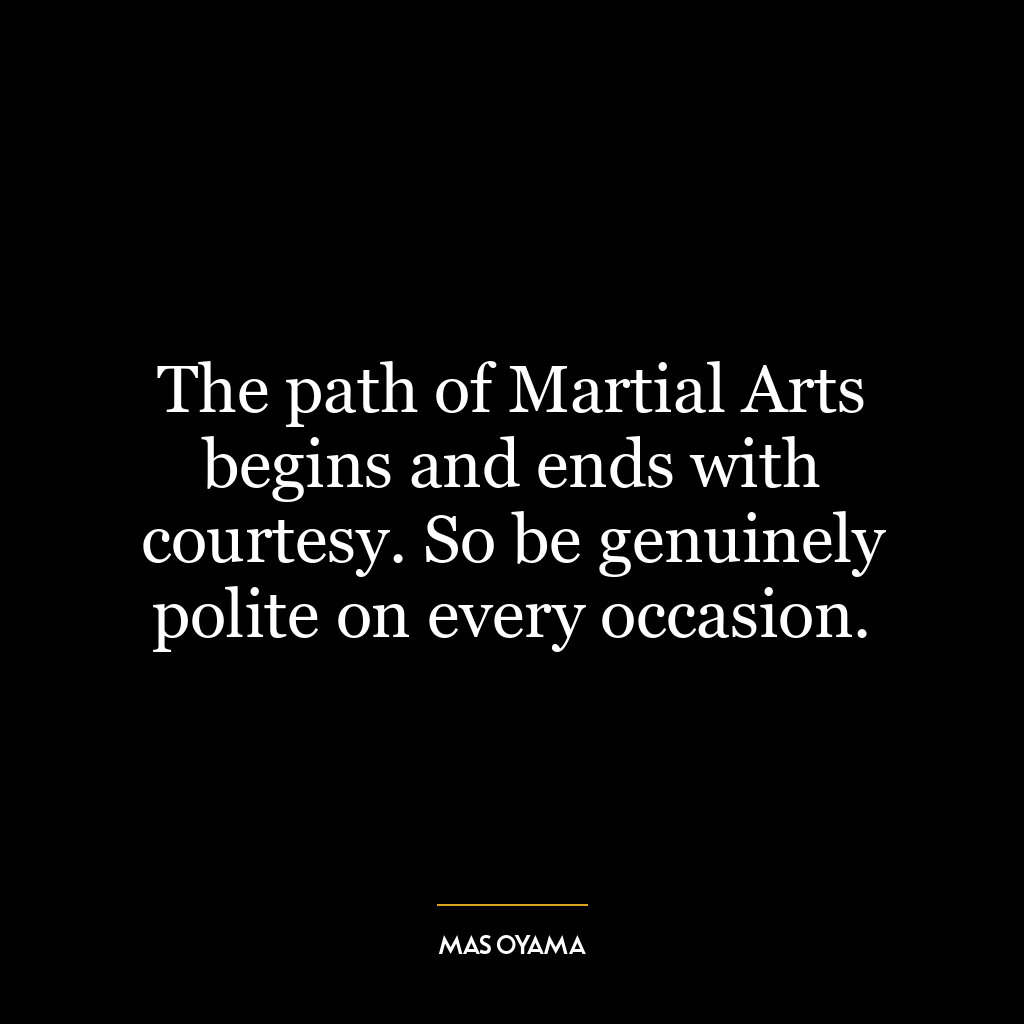I can say a prayer while washing my teeth, but that does not mean I should wash my teeth in church.
This quote by C. S. Lewis is a reflection on the balance between sacred and secular activities in one’s everyday life. It suggests that while it’s possible to incorporate elements of spirituality into mundane tasks (like saying a prayer while brushing teeth), it doesn’t mean we should bring the mundanity into sacred spaces (like brushing teeth in church).
The first part of the quote, “I can say a prayer while washing my teeth,” implies that one can find spirituality within daily routines, suggesting that there are no boundaries or specific places for spiritual practices. This encourages us to see every moment as an opportunity for spiritual connection and growth.
However, the second part of the quote, “but that does not mean I should wash my teeth in church,” serves as a caution against disrespecting or trivializing sacred spaces or times with ordinary activities. It emphasizes maintaining respect and reverence for certain traditions and rituals.
Applying this idea to today’s world could involve finding ways to cultivate mindfulness and spirituality throughout our daily lives without blurring lines that may lead to disrespect or devaluation of what we consider sacred.
In terms of personal development, this concept encourages us to be present in each moment—whether commonplace or extraordinary—and recognize opportunities for growth and connection with our inner selves. However, it also reminds us not to lose sight of maintaining respect for traditional rituals or practices which hold profound meaning.
In essence, this quote invites us to live consciously—finding depth in ordinary moments without losing reverence for those deemed extraordinary—and offers an interesting perspective on how we approach both everyday tasks and more significant practices within our lives.








